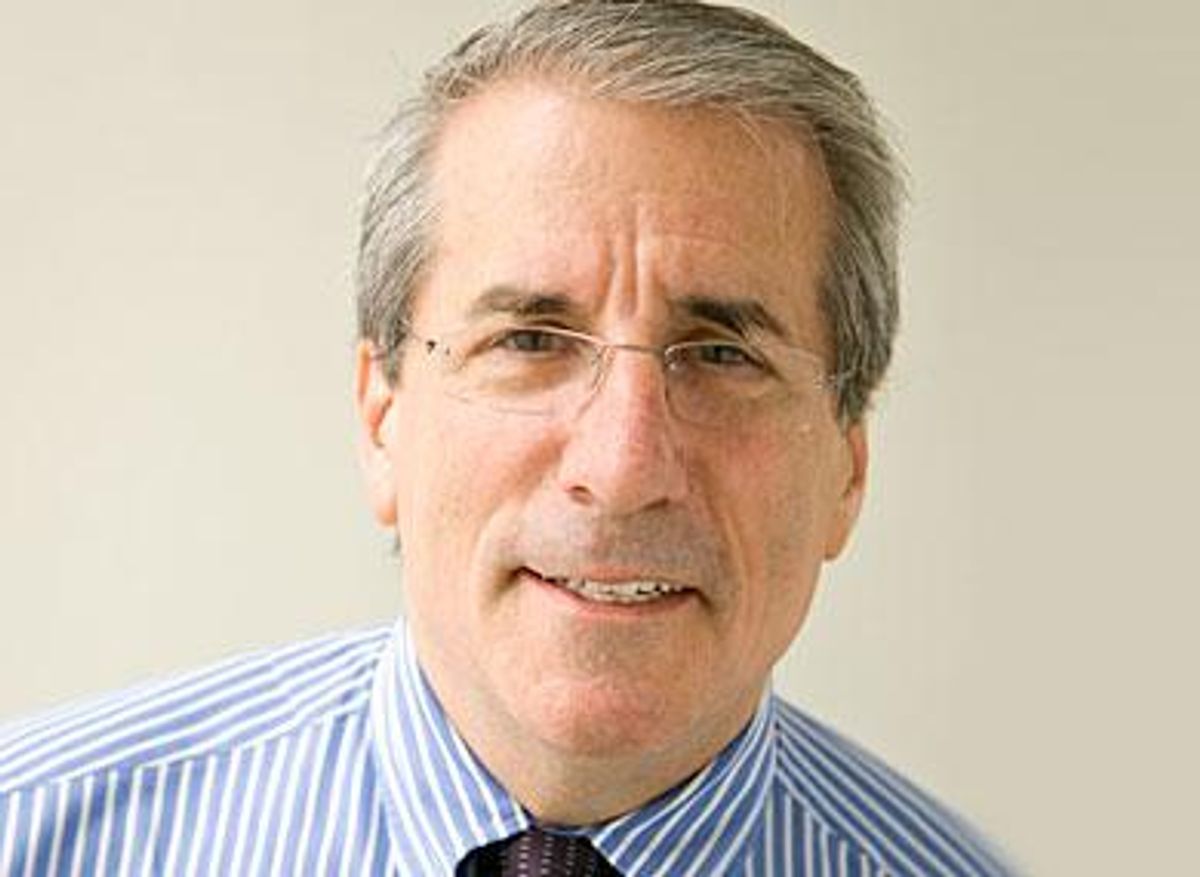World
A Deeper Look at LGBT Health
A Deeper Look at LGBT Health

By continuing to use our site, you agree to our Private Policy and Terms of Use.
A Deeper Look at LGBT Health

When giving talks to medical providers on lesbian, gay, bisexual, and transgender health, I am frequently asked why providing care to the LGBT community is different from the care of other patients. Similar questions have been asked over the years about health issues among racial and ethnic minorities and women. Yet as research has evolved, we have found that there are differences related to many factors--genetics, environment, and experiences, among others. This last year has been an important one with the federal government recognizing that there are in fact unique issues to be considered regarding LGBT individuals. LGBT inclusion in Healthy People 2020, a presidential order on hospital visitation rights for same sex couples, and a focus on preventing HIV infection in gay and bisexual men and transgender people in the National AIDS Strategy, are just three examples.
And now, March 31 saw the publication of a groundbreaking publication, The Health of Lesbian, Gay, Bisexual, and Transgender People: Building a Foundation for Better Understanding, by the prestigious Institute of Medicine of the National Academy of Sciences. The report, sponsored by the National Institutes of Health, identifies critical gaps in research that need to be filled in order to better understand what health disparities exist and why, and what can be done to assure the health of this diverse population. A critically important aspect is the recognition that though we commonly use the acronym LGBT as if we are talking about a single population group, each letter describes a very diverse group of people with some common issues affecting all as well as many differences.
After pointing out some of the critical health issues we see among individuals who are L, G, B or T and discussing what we know, and what we don't know, the report goes on to define critical areas where research is urgently needed, including research into demographics, broader social influences on health, health care inequities in the LGBT population, intervention studies, and transgender research. In addition the report stressed the importance of expanding data collection on sexual and gender minorities, looking at new methodologies to study the health of LGBT communities, research training, and ensuring LGBT participation in research studies.
This effort is clearly an important first step to creating an agenda that will advance the health of LGBT individuals. Aside from a research agenda, we must recognize the importance of educating health professionals about LGBT issues and creating welcoming environments for care. Studies have long described the ways in which marginalization and stigmatization of LGBT individuals has led to a reluctance on the part of many to seek health care. Additional studies of health professionals have described their hesitation to care for LGBT individuals. When giving grand rounds around the country I frequently ask those in the audience how many have ever been asked about their sexual orientation or gender identity while seeking health care. I have never witnessed more than a few raise their hands. Education on engaging with LGBT patients in medical schools and schools for other health professionals is minimal.
In 2007, the Association of American Medical Colleges published an excellent set of guidelines outlining what medical schools must do to ensure proper treatment of LGBT patients. Among them: Physicians are told to treat all patients with dignity and respect, and be fully prepared for their needs, regardless of sexual orientation or gender identity. Medical school curricula are told to teach these values of respect, and of good communication regarding LGBT patients. And medical schools must ensure a safe environment for all students, including a comprehensive nondiscrimination policy.
Yet progress has been slow. Recently a student group at Stanford conducted a study of medical schools to inventory how LGBT issues are taught. While the study results are still pending, initial analysis seems to indicate that much needs to be done to fulfill the educational needs of health professionals.
In addition, providers at all types of organizations ranging from academic medical centers to community health centers have to consider what must be done to create welcoming, accessible, and quality care to lesbian, gay, bisexual, and transgender individuals. Clearly, providing knowledgeable, non-judgmental care is a start. The principal tenets of the Affordable Care Act emphasize not only care but prevention and population health. They provide health care organizations an opportunity to think about not just curing, but caring, and considering the overall needs of these populations and their right to health. The IOM Report has been an important start. Now, other parts of the government and our health care leaders have to think about how to translate this start into the reality of comprehensive excellence in ensuring health and providing care.